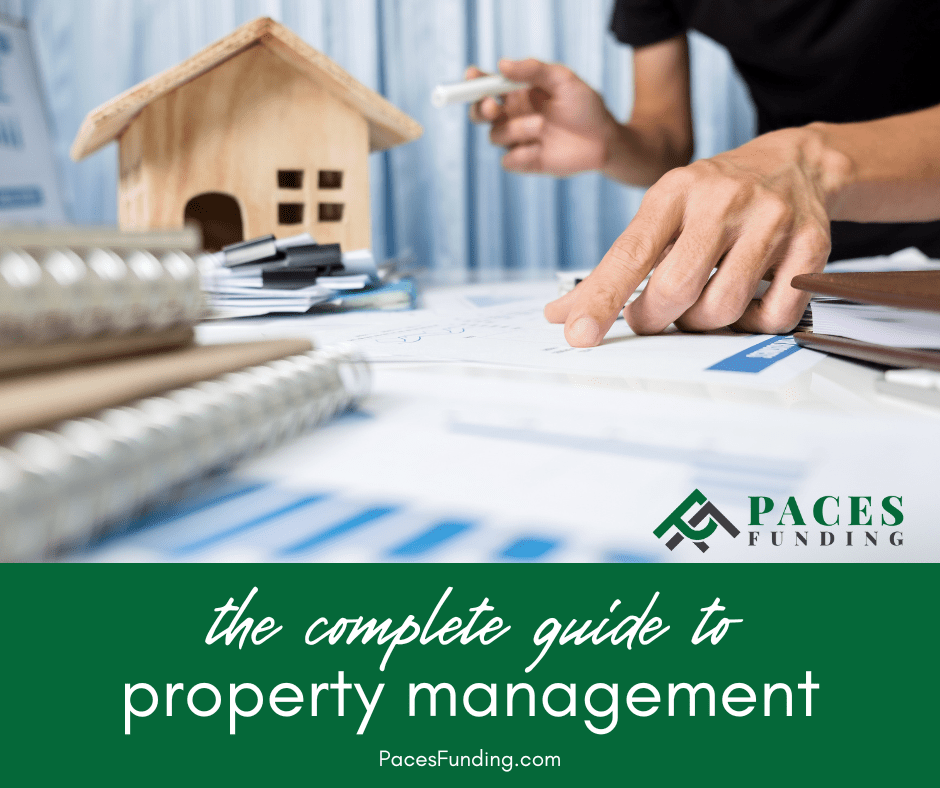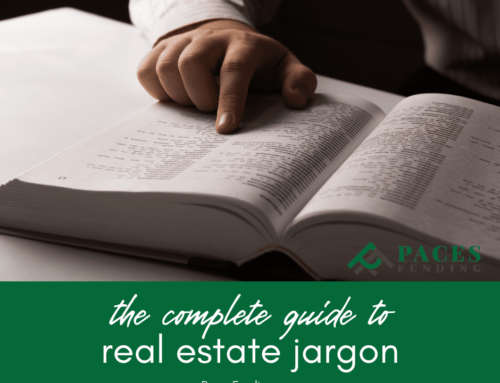
The Complete Guide to Property Management
Managing rental properties can be time-consuming and complex. This guide helps real estate investors understand the ins and outs of property management and decide whether hiring a property manager is the right choice for their investment.
The Complete Guide to Property Management
Effective property management is crucial for maintaining and maximizing the value of your rental property. This guide covers the key aspects of property management and helps investors determine if hiring a property manager is the best option. This guide explains the following:
- Understanding property management
- Responsibilities of a property manager
- Pros and cons of hiring a property manager
- Cost of property management services
- How to choose the right property manager
Here’s a closer look at each.
Understanding Property Management
Property management involves overseeing and managing rental properties on behalf of the owner. This includes tasks such as finding and screening tenants, collecting rent, handling maintenance and repairs, and ensuring legal compliance. Effective property management can enhance tenant satisfaction, reduce vacancies, and maintain the property’s value. Investors need to decide whether to manage their properties themselves or hire a professional property management company.
Related: Hard money for real estate investors: Advice, tips and tricks
Responsibilities Of A Property Manager
A property manager handles a wide range of tasks to ensure the smooth operation of rental properties. These responsibilities include:
Tenant Management: Property managers find and screen tenants, handle lease agreements, and manage tenant relations. They address tenant inquiries, handle complaints, and ensure lease compliance.
Rent Collection: Property managers collect rent, handle late payments, and manage the eviction process if necessary. They ensure timely rental income and handle any related financial issues.
Maintenance and Repairs: Property managers coordinate and oversee maintenance and repairs to keep the property in good condition. They handle emergency repairs and schedule regular maintenance to prevent issues.
Legal Compliance: Property managers ensure the property complies with local, state, and federal regulations. This includes understanding landlord-tenant laws, safety regulations, and fair housing laws.
Financial Management: Property managers handle the financial aspects of property management, including budgeting, expense tracking, and providing financial reports to the owner.
Related: Should you invest in a multi-family property?
Pros And Cons Of Hiring A Property Manager
Hiring a property manager offers several advantages and disadvantages. Understanding these can help investors make an informed decision.
Pros:
- Expertise: Property managers have the knowledge and experience to handle all aspects of property management, ensuring efficient and effective operations.
- Time-Saving: Hiring a property manager frees up the owner’s time, allowing them to focus on other investments or personal activities.
- Tenant Screening: Property managers have access to resources and tools to screen tenants thoroughly, reducing the risk of problematic tenants.
- Maintenance Handling: Property managers have established relationships with contractors and service providers, ensuring timely and cost-effective maintenance and repairs.
Cons:
- Cost: Property management services come with a fee, typically a percentage of the monthly rent. This cost can impact the overall profitability of the investment.
- Loss of Control: Hiring a property manager means relinquishing some control over the day-to-day operations of the property. Owners must trust the property manager’s decisions.
- Potential for Miscommunication: If not managed properly, there can be miscommunication between the owner and the property manager, leading to misunderstandings or issues.
Cost Of Property Management Services
The cost of property management services varies depending on the location, size, and type of property, as well as the specific services provided. Generally, property management fees range from 8% to 12% of the monthly rental income. Some property managers may also charge additional fees for specific services, such as tenant placement, lease renewals, or maintenance coordination. It’s essential to understand the fee structure and negotiate terms that align with your investment goals.
How To Choose The Right Property Manager
Choosing the right property manager is crucial for the success of your rental property. Here are some tips for selecting the best property manager:
Experience and Reputation: Look for property managers with experience in managing properties similar to yours. Check online reviews, ask for references, and speak with other property owners to gauge their reputation.
Services Offered: Ensure the property manager offers the specific services you need. Discuss their processes for tenant screening, rent collection, maintenance, and legal compliance.
Communication: Effective communication is vital for a successful partnership. Ensure the property manager provides regular updates and is responsive to your inquiries.
Fee Structure: Understand the property manager’s fee structure and ensure it aligns with your budget and investment goals. Negotiate terms if necessary.
Contract Terms: Review the property management contract carefully. Ensure it outlines the responsibilities of both parties, fee structure, termination clauses, and other essential details.
FAQ About Property Management
Check out these commonly asked questions about property management. If you don’t see your question here, please call our office and we’ll find you the answers you need.
What Are The Main Responsibilities Of A Property Manager?
A property manager handles tenant management, rent collection, maintenance and repairs, legal compliance, and financial management for rental properties.
What Are The Benefits Of Hiring A Property Manager?
Benefits include expertise, time-saving, thorough tenant screening, and efficient maintenance handling, which can lead to higher tenant satisfaction and reduced vacancies.
Related: Hard money loans vs. traditional mortgages
How Much Do Property Management Services Cost?
Property management fees typically range from 8% to 12% of the monthly rental income, with potential additional fees for specific services such as tenant placement and lease renewals.
How Do I Choose The Right Property Manager?
Look for experienced and reputable property managers, ensure they offer the services you need, verify their communication practices, understand their fee structure, and review contract terms carefully.
What Are The Downsides Of Hiring A Property Manager?
Downsides include the cost of services, loss of some control over property operations, and potential for miscommunication if not managed properly.
Understanding property management and deciding whether to hire a property manager is crucial for real estate investors. By weighing the pros and cons, evaluating costs, and selecting the right property manager, you can ensure the successful management of your rental property and maximize your investment returns.
Do You Need a Hard Money Loan?
Paces Funding is the top hard money lender in Georgia, North Carolina, South Carolina and Tennessee. Apply for a hard money loan here or click through our site to find out how we can help you now!














